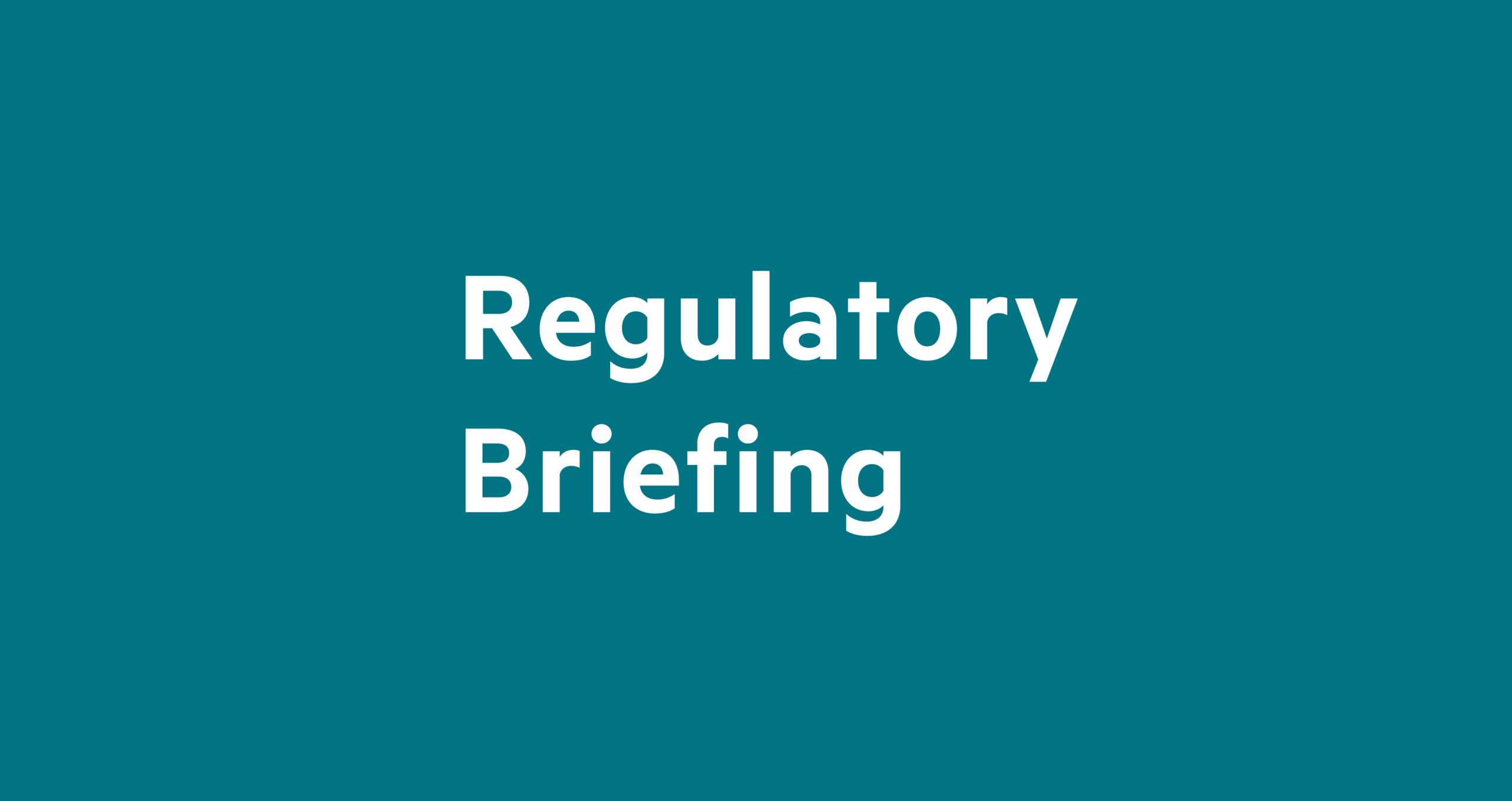
Regulatory Briefing: Basel Committee under pressure ahead of climate risk principles release

Green finance groups demanding climate-related capital requirements continue to put pressure on the Basel Committee on Banking Supervision as they wait for the publication of its principles for managing and supervising climate-related financial risks. Following a consultation that closed in February, the committee – which is the primary global standard setter for the prudential regulation of banks – has agreed the measures but will not announce them until later this month. Green financial groups have opposed the committee’s proposed approach, which refuses to consider Pillar 1 capital adequacy provisions on climate though it is willing to consider them on cryptocurrencies.
The BCBS says: “The principles seek to promote a principles-based approach to improving risk management and supervisory practices to mitigate climate-related financial risks. They are designed such that they can be adapted to a diverse range of banking systems in a proportional manner. The publication of these principles forms part of the committee’s broader assessment of potential measures – spanning disclosure, supervisory and regulatory measures – to address climate-related financial risks to the global banking system.” The BCBS says it will also provide an update on its work across these dimensions and will continue to collaborate with other global forums on climate-related financial risk initiatives.
Unless the draft proposals have undergone radical surgery, however, an angry response from civil society groups is likely. Green-minded groups want the Basel Accord capital requirements to be adapted to incorporate financial risks caused by fossil fuel exposures and for the expansion of Basel framework systemic risk buffers to include climate-related risks.
For example, the Climate Safe Lending Network – which comprises banks, investors, non-governmental organisations and academia – dubbed the original proposals as “sensible but timid”. Central banks cannot afford to overlook Pillar 1 capital measures to address the least climate-aligned financial exposures, it argued.
Pushback. In a recent post, Climate Safe Lending Network executive director James Vaccaro wrote: “Going beyond climate [temperature] thresholds will not be a storm. It can’t be reversed by financial intervention. It will not be a crisis with a resolution. It will be a collapse. And that requires a fundamentally different conceptual approach. [We argue] that central banks need to steer in a different way, applying capital measures to climate-damaging assets like fossil fuels and deforestation, which are sending us in the wrong direction.” Vaccaro is also senior associate of the University of Cambridge Institute for Sustainable Leadership and a member of the Glasgow Financial Alliance for Net Zero advisory panel.
More than 100 organisations lobbied for tougher climate-related capital requirements in the run-up to COP26. A campaign, spearheaded by one of them, the EU-backed advocacy group Finance Watch, is pressing for requirements that would increase to 1250 per cent the capital that banks and insurance companies must hold against high-emitting assets – essentially obliging them to finance new fossil fuel projects solely from their own funds.
The Swiss-based BCBS is a forum for international cooperation on banking supervision that publishes international accords on bank capital requirements, liquidity and funding. It comprises 45 central banks and bank supervisors from jurisdictions covering the world’s major financial markets.
Similar Articles

Beware the ‘financialisation of the forest sector’

High Court rules, again, against UK government climate plans


